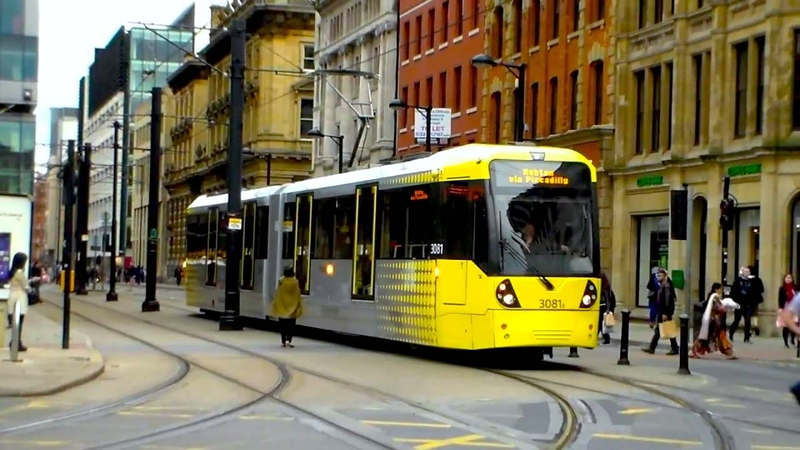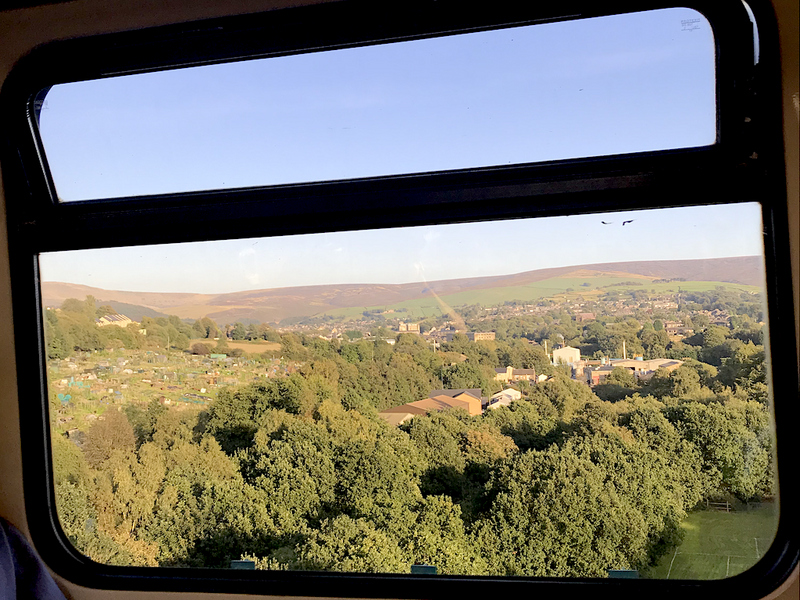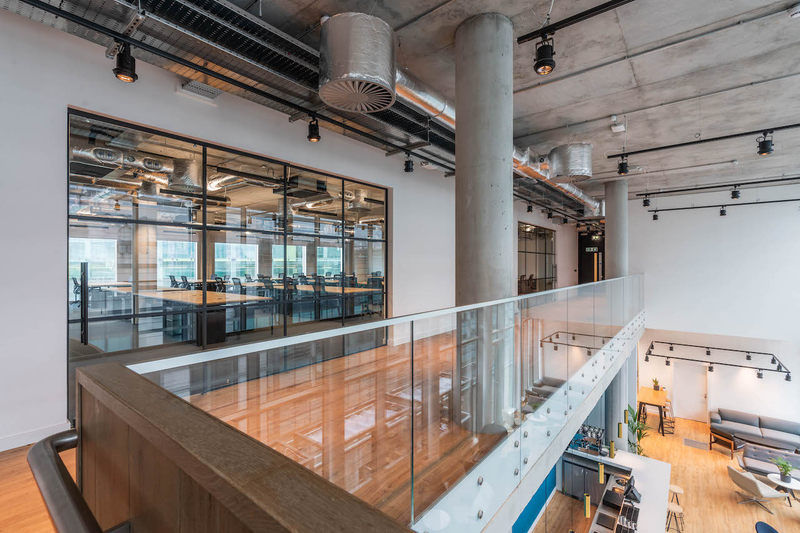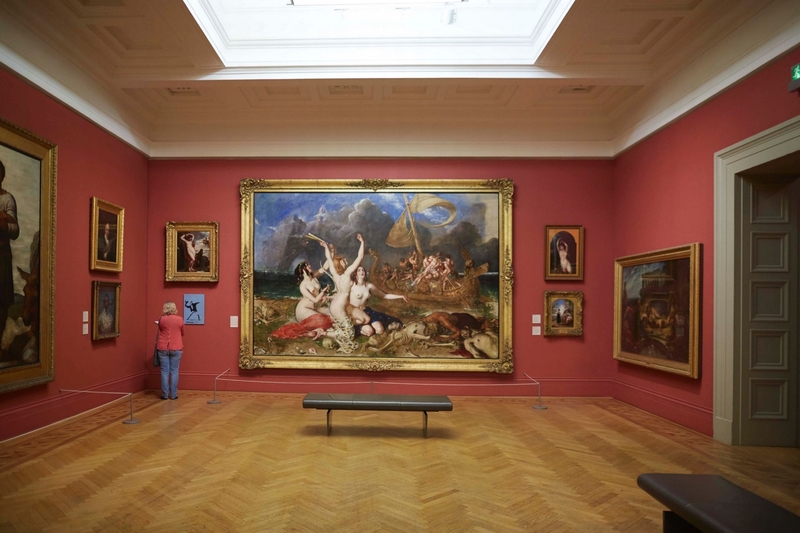John Blundell is definitely looking on the bright side. Here’s why
Greater Manchester was built on trade and the notion that man’s labour could be made more efficient by machines. The workshop of the world grew out of the unyielding growth in demand for greater volumes of cotton to be spun and exported across the globe. So much was spun we were branded Cottonopolis.
A legacy of this industry is the sprawling rail network that connects the urban centres of the region to each other and the rest of the UK. The trains may once have carried cotton but now they carry today’s source of wealth - knowledge. In London, as manufacturing became uncompetitive, their superb transport network and dense urban living allowed for industries and skills to adapt more easily. As a consequence, Inner London is now one of the wealthiest and most productive places on planet earth.
I love Rochdale but I can also see Manchester is exceptional
Manchester’s story is more sombre. The vast swathes of open land between our urban centres, the scarred industrial land surrounding many of our stations and increasing car use meant rail services became less crucial. Only pre-pandemic were we seeing a return to an intensive use of our rail network.

But what we lost was not just more frequent trains but also a loss of the sense of a single conurbation. As the outer boroughs hung on to their prestige, and avoided seeing the natural centre as theirs, we faltered. Greater Manchester failed to capture the benefits of working as a single concentrated mass. Unlike our city’s leaders and the population of London, we forgot we are greater together than the sum of our parts.
COVID has changed this and the city needs to adapt quickly because it is about to go boom (in a good way).
Here are three reasons why:

‘Manchester’ just got a lot bigger
Unlike our city sisters, the legacy of our rail network means that the city centre of Manchester is the most accessible place in the north of England, to work or live. But why is this important to consider when the common belief is that home working will be the ‘new norm’? After the last recession in 2008 the job losses in GM were made up for by the city, a fact not often publicised by the region’s officials. Although things might be different post-COVID.
Travel patterns are likely to become less frequent but longer. If I only have to leave home twice a week, for a five-day job, I’m more likely to be willing to add to the time it takes to get there. If you were to draw rings from the city centre depicting an acceptable level of commute it just got a lot bigger. Thanks to our Victorian railway, the commuter belt of Manchester could now span vast swathes of the North and the Midlands.

People are social and firms like to be next to one another
The main consideration is the office market. Businesses like to cluster to get close to one another but also be slap bang in the middle of their workforce. Space-hungry firms need cheap land, so dwell on the fringes.
Professional, highly productive firms concentrate in one area, and this hasn’t changed for some time. Alfred Marshall first spoke of these dynamics in his book Principles of Economics, which was first published way back in 1890. Agglomeration, labour and access to markets are king and always have been. There was already a long-term trend toward ‘dynamic working’ where nobody has a desk, and everybody comes and goes. This drives down the cost of employing workers but retains the ability to hire from a larger pool because ‘the office’ is still in the centre. This will intensify as firms in outer areas relocate to Manchester with half the number of desks – making it affordable. Many of us have proved how well we can all work from home now you see.

Manchester is still the most interesting place around
So what might happen to areas such as Blackburn and Rochdale? They will prosper, but perhaps not how they would like. People won’t travel to Wigan or Crewe for work when the epicentre of the north of England calls. You might live on the fringes of the region, as I do, but the jobs market will concentrate in the centre.
I love Rochdale but I can also see Manchester is exceptional - the galleries, its history, architecture and buildings - among the other hundreds of things to see and do. In the worst-case scenario, where I only leave the house once a week, I won’t be using that precious time to visit Blakely for example.
We are entering the quiet period after the storm, but after that, Manchester's fortunes are almost certainly about to boom.
About the author
Occasional contributor John Blundell is a Labour councillor for Smallbridge and Firgrove, and the Cabinet Member for Regeneration, Business, Skills & Employment on Rochdale Council.
John is also the chair of the Rochdale Stations’ Alliance which recently published its Rochdale Rail Corridor strategy. The strategy was devised before the pandemic but has become of interest to the wider public because of it.












